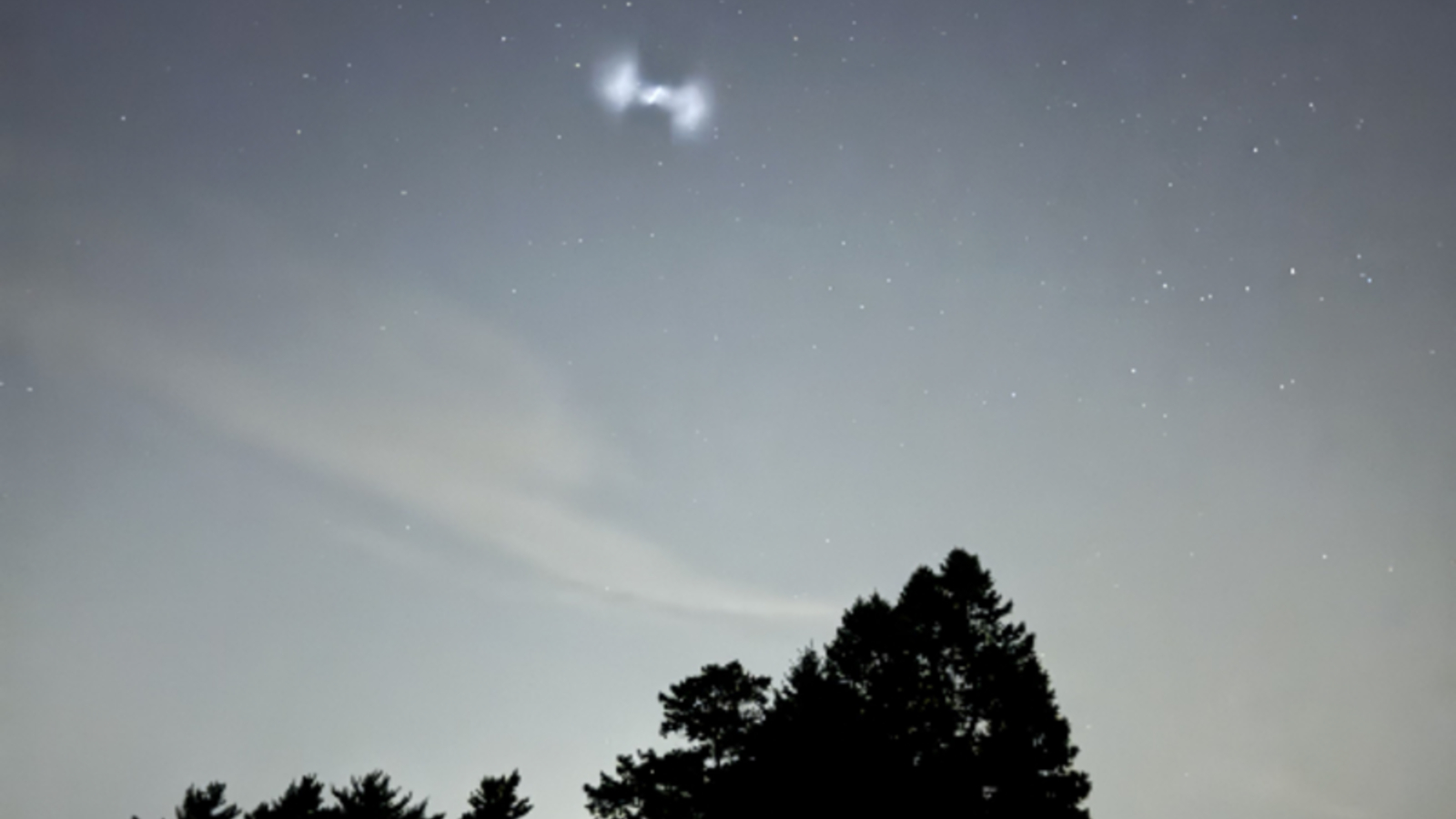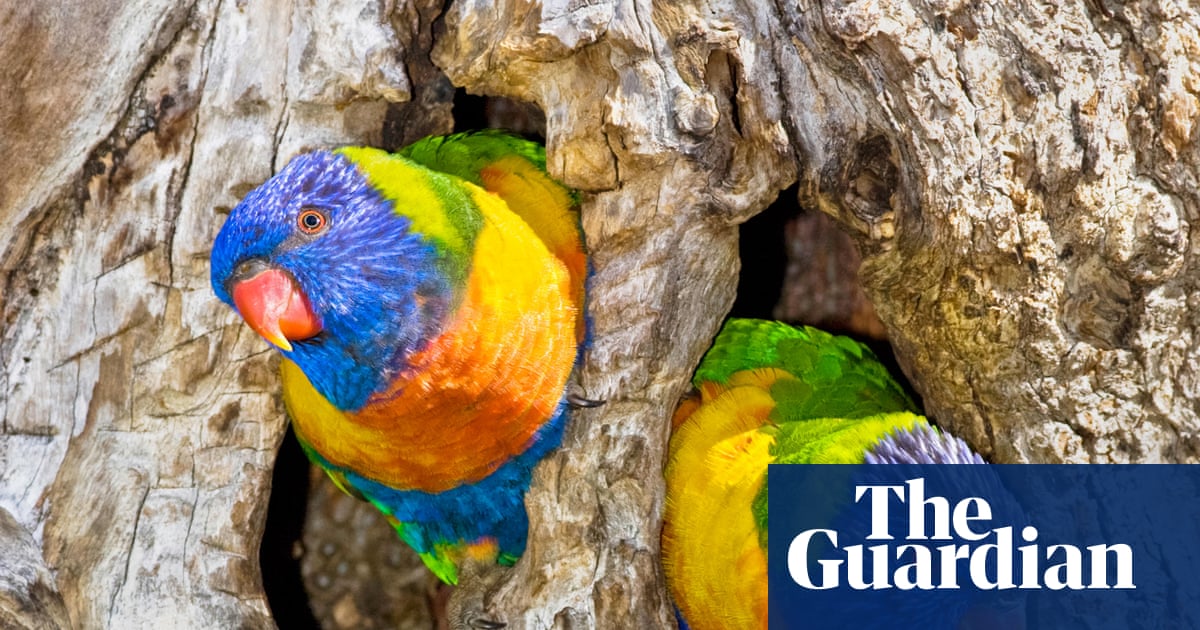The Shocking Death of Hulk Hogan: A Legend's Final Bow

Hulk Hogan, the iconic figure who turned professional wrestling into a global spectacle and fervently backed Donald Trump, has passed away at 71, leaving behind a legacy as dazzling as his trademark mustache.
On July 24, World Wrestling Entertainment (WWE) announced the sad news, stating, “WWE is saddened to learn WWE Hall of Famer Hulk Hogan has passed away. One of pop culture’s most recognizable figures, Hogan helped WWE achieve global recognition in the 1980s.” Despite the impact of his death, WWE did not reveal a cause.
According to NBC News, Hogan died at his home in Florida, as confirmed by his manager, Chris Volo. TMZ added that emergency personnel were dispatched for a reported “cardiac arrest” at his residence.
Hogan, with his bleach-blond hair and mahogany-tanned physique, became the face of professional wrestling in the 1980s. He transformed the sport from a grimy spectacle to a family-friendly entertainment powerhouse, raking in billions. A pivotal moment in this transformation occurred during WrestleMania III in 1987, where he famously body-slammed Andre the Giant in front of a roaring crowd in Michigan.
Although Hogan ventured into films like Rocky III and Santa With Muscles, his true passion remained in the wrestling ring, returning whenever his body would permit. In 2024, he made headlines again by endorsing Trump at the Republican National Convention, urging fans to “Let Trumpamania run wild, brother!” while ripping off his shirt to flaunt a Trump tank top.
Born Terry Gene Bollea in Augusta, Georgia, on August 11, 1953, Hogan moved to the Tampa area with his family. After high school, he played bass guitar for local rock bands before being drawn to the electric wrestling scene of 1970s Florida. His early days were marked by exaggerated tales that blurred the line between reality and performance.
His first trainer reportedly broke Hogan's leg to dissuade him, but instead, it ignited his determination. He dedicated himself to wrestling, weight training, and, as he later admitted, using anabolic steroids. His biceps, which he proudly called his “24-inch pythons,” became legendary.
The nickname “Hulk” was inspired by the popular comic book hero, while “Hogan” was coined by promoter Vince McMahon, who wanted to add an Irish flair to his roster. Hogan’s appearance in Rocky III propelled him into the limelight. He became a household name after defeating the Iron Sheik in 1984 to win the world championship, a title he held for four glorious years.
Hogan's influence extended beyond the ring, appearing on the cover of Sports Illustrated and sharing the stage with pop culture icons like Mr. T. Under his influence, the WWF evolved into a dominant force in wrestling, primarily through its WrestleMania pay-per-view events.
Later, he shifted to competing with World Championship Wrestling (WCW), swapping his signature yellow gear for black and embracing a villainous persona as “Hollywood” Hogan, which revitalized his career. His return to WWE saw him face off against Dwayne “The Rock” Johnson in a much-publicized WrestleMania match in 2002.
Hogan, who once dubbed himself the “Babe Ruth of wrestling,” was inducted into the WWE Hall of Fame twice. Yet, his outspoken support for Trump in 2024 drew mixed reactions from fans, and he faced several controversies over the years, including a notable lawsuit against Gawker, which resulted in a $140 million judgment in his favor.
In 2015, Hogan was suspended by WWE after a recording surfaced revealing racially insensitive comments. He was reinstated in 2018. The wrestling legend experienced a rollercoaster life, including three marriages and two children who starred with him in the reality TV show Hogan Knows Best.
As wrestling fans mourn the loss of this larger-than-life character, it’s clear that Hulk Hogan’s impact on pop culture and entertainment will never fade.
























